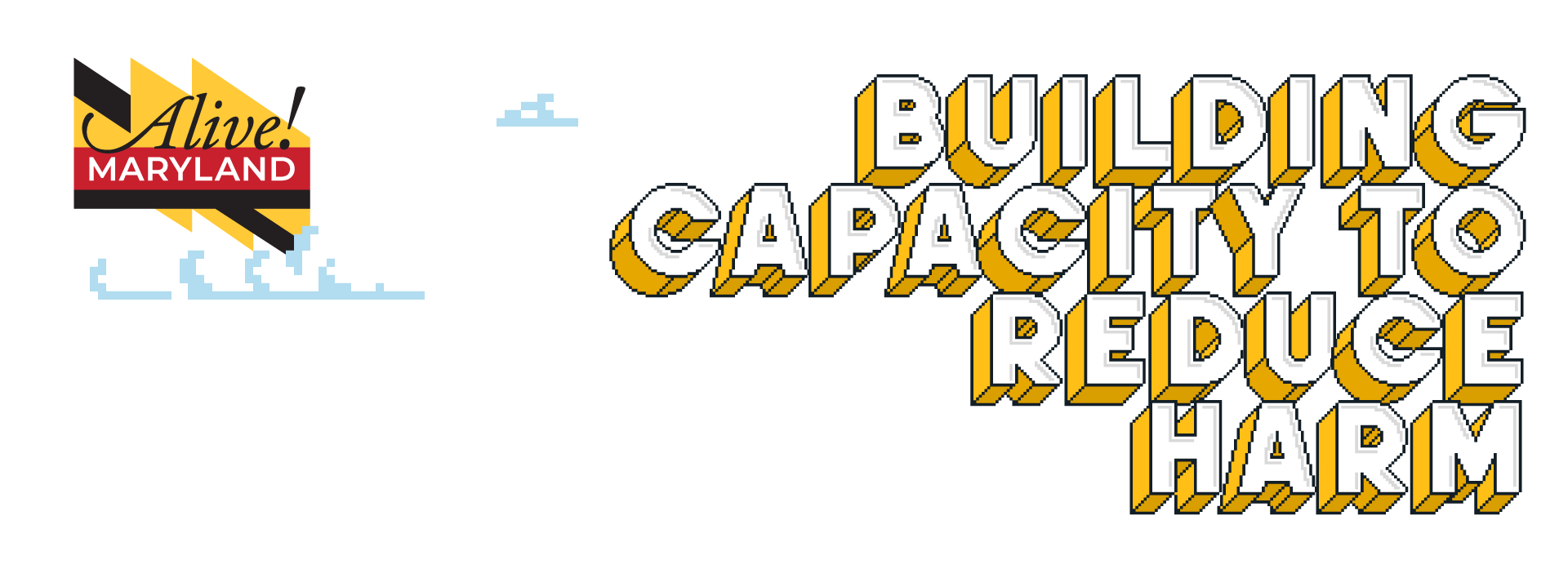


CE Credits
In order to obtain your CME/CE certificate, please follow the steps below:
- Go to https://www.cmeuniversity.com/course/take/123189
- Login or Create a New Account (will take less than 1 minute)
- If you receive a message when creating a new account that “the email you entered is already in use”, please click the Forgot my Username or Password link to have your Username and Password sent to you via email
- After logging in, you may be asked to verify/update your information; after doing so, click Save at the bottom of the page
- Type in:
- 17686 for Integrative Harm Reduction Psychotherapy: Rationale, Theory, Definitions and Selected Techniques
- 17688 for Sex Positivity in Harm Reduction
- 17687 for Racial Equity in Harm Reduction Leadership
at the top of the page, “Find Post-Test/Evaluation by Course”, and click enter
- Click on the activity title when it appears
- Choose the type of credit you desire
- Complete the online assessment
- Receive an immediate CME/CE Certificate to download and/or print for your files
Summit Recordings
This virtual summit took place on Wednesday, November 9, 2022.
Welcome Remarks and Session 1: Psychotherapy and Harm Reduction
- Dr. Peter DeMartino, Director, Infectious Disease Prevention and Health Services Bureau, Maryland Department of Health
- Erin Russell, Center Chief, Center for Harm Reduction Services, Infectious Disease Prevention and Health Services Bureau, Maryland Department of Health
- Dr. Melissa Kelley, HealthHIV
- Dr. Andrew Tatarsky, Center for Optimal Living
Sex Positivity in Harm Reduction
- Moderator: Miera Corey, Maryland Harm Reduction Training Institute
- Mark Lockwood, AIDS United
- Marshiek Long, SPARC Women’s Center
- Caty Simon, Urban Survivors Union
Racial Equity and Harm Reduction Leadership
- Moderator: Sal Corbin, Maryland Harm Reduction Training Institute
- Jean-Michele Giraud, Friendship Place
- Marilyn Reyes, Community Liaison and Board Member VOCAL-NY
- Joy Rucker, The Black Harm Reduction Network
Summit Speakers
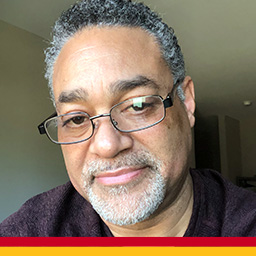
Sal Corbin
Moderator
Sal Corbin worked for 15 years in academia as a Psychology Professor before transitioning to nonprofit work. He has done workforce development training and program management and is now a Training Coordinator for the Maryland Harm Reduction Institute with the Behavioral Health System of Baltimore. His vision is to help others build and maintain healthy relationships with conflict transformation as the primary focus. His extensive background in leadership facilitation supports his efforts to keep showing up and sharing. He holds degrees in Clinical (M.S.) and Educational (PhD) Psychology.
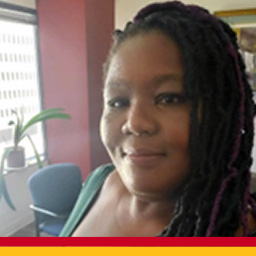
Miera Corey
Moderator
Miera Corey is a Morgan State University graduate, with a bachelor’s degree in psychology. She has six years of experience with The Lighthouse Studies at PEER Point & BESURE, two harm reduction research programs focused on Baltimore City residents with HIV/STD high-risk behaviors through JHU. Miera is the former Evaluation Coordinator for Wraparound, Systems of Care, and National Child Traumatic Stress Initiative programs at the Institute for Innovation and Implementation, a part of UMB, before joining Behavioral Health System Baltimore.
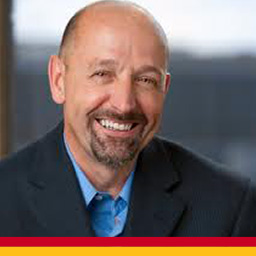
Jean-Michel Giraud
Panelist
Jean-Michel Giraud has worked in a variety of community-based settings including intellectual disabilities, autism, mental health, dual recovery and homeless services.
During his tenure as President and CEO of Friendship Place, the organization has grown from a neighborhood association into a regional homeless services provider with a national reach through best-practices.
He is a recipient of the 2010 Meyer Foundation Exponent Award for Visionary Non-Profit Leadership and has authored blogs on homelessness on The Huffington Post.
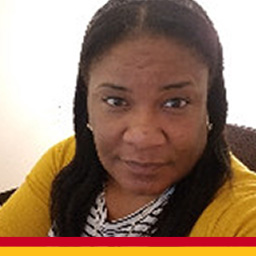
Marshiek Tinnel Long
Panelist
Marshiek has been with SPARC since 2017 and has grown exponentially in her role there. She started as a Community Health Worker and has molded a Unique position for herself there. With a combination of lived experience, professional development and peer to peer support. Some of her professional engagements include obtaining and maintaining a License in Phlebotomy, Medication Technician, and HIV Testing, and Counseling.
At Sparc, she works with women who use drugs and sell sex, so the rapport that Marshiek has developed with that population, and her knowledge of the communities that she serves is invaluable. Marshiek is using these experiences as a driving force into Nursing, where she is headed to become an RN, to better service the needs of underprivileged individuals and communities.
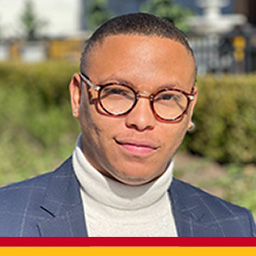
Mark Lockwood
Panelist
Mark serves as the program manager on the Harm Reduction team where he oversees the Expanding Syringe Services Programs (SSPs) Capacity to Respond to COVID-19 grant portfolio. In his role, Mark leads technical assistance and program development needs to community-based organizations and Syringe Services Programs (SSPs) on harm reduction strategies, COVID-19 vaccination expansion, and comprehensive systems of care. Prior to joining AIDS United, Mark has worked in various capacities within the harm reduction movement, ranging from direct services to governmental public health, at the intersections of capacity building, program management, and community-based research. He also was a community organizer with DECRIMNOWDC, a collective of Brown and Brown sex workers, organizers, and allies, where he helped develop and strategize around sex worker rights and harm reduction policy at the local level in Washington, D.C.
Mark is truly committed to mobilizing the health, dignity, and rights of communities impacted by racialized drug policies and anti-sex worker policies. He received a B.A. in Women’s & Gender Studies from Rutgers University – New Brunswick and his M.A. in Performance Studies from New York University. He is currently pursuing his PhD in American Studies at the University of Maryland, College Park. At Maryland, Mark is writing a dissertation that critically explores the history and sexual representations of Black male sex workers in the gay adult entertainment industry.
In his spare time, he enjoys bottomless brunch, traveling, quality time with his friends, and solo movie dates. He’s currently based in Dallas, Texas with his partner, Jared, and imaginary dog, Remi.
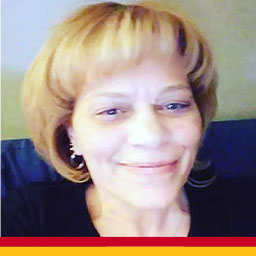
Marilyn Reyes
Panelist
Marilyn Reyes, born and raised in The Bronx, is a mother, grandmother, activist, public health worker, and so much more.
Fueled by her experiences and her desire to improve job prospects for people coming home from incarceration, Marilyn has worked for Voices Of Community Activists & Leaders (VOCAL-NY), a statewide grassroots membership organization that builds power among low-income people affected by HIV/AIDS, the drug war, mass incarceration, and homelessness in order to create healthy and just communities. She served as a Peer Educator with New York Harm Reduction Educators (NYHRE), a non-profit organization devoted to promoting the health, safety, and well-being of marginalized, low-income persons who use drugs or engage in sex work, their loved ones, and their communities. Marilyn is also Co-Director for the Peer Network of New York (PNNY) and a member of the National Council for Incarcerated and Formerly Incarcerated Women and Girls. Marilyn’s work uplifts her own experiences but also the experiences of so many women who have had their lives upended by the failed war on drugs and mass incarceration.
Since 2018, Marilyn has also worked as a Wellness Advocate with the Relay Initiative, providing peer support services in NYC Emergency Departments for participants after they experience a non-fatal overdose.
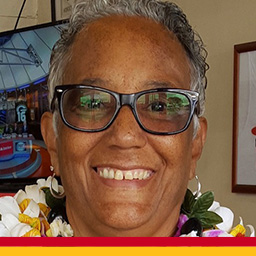
Joy Rucker
Panelist
Joy Rucker is originally from New Bedford, MA, a small fishing town south of Boston. Joy began her career in HIV Prevention as an outreach worker in Boston; she was part of the first outreach team to target injecting drug users, encouraging people to get tested for HIV and to not share syringes, years before funding or formal services for people who inject drugs were available. Recognizing the growth of HIV support groups that largely excluded women, people of color, and people who injected drugs, Joy dedicated her time and life to advocating, creating programs, and fighting for all injectors to have access to services without barriers.
Joy moved to San Francisco and began working at the Black Coalition on AIDS (BCA), as the program director for a transitional housing program for homeless drug using African Americans — Rafikiki House. During her tenure at BCA, Rafiki House was awarded the Special Projects of National Significance from HUD. Rafiki House was awarded a contract to train other providers across the country on how to develop similar Housing-First-style programs.
Joy worked for Corporation for Supportive Housing (CSH) and was introduced to Harm Reduction as model of service. While at CSH, she and a team developed the first Harm Reduction Housing training. Also, during that time, she became a trainer for the National Harm Reduction Coalition in New York. After leaving CSH, Joy began work as the Executive Director of the HIV Education and Prevention Project of Alameda County, also known as Casa Segura.
After ten years in that role, Joy moved to Hawaii and created Housing First programs on the islands of Maui and Honolulu.
Joy created the Overdose Prevention Center in Austin, TX for people who inject drugs. She was one of the founders for the Texas Harm Reduction Alliance. The goal is to provide education and NARCAN to injectors, help connect people requesting Medicated Assisted Treatment and other needed services.
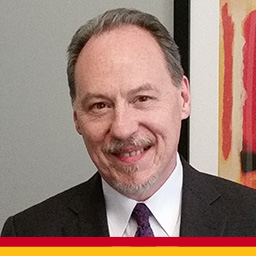
Andrew Tatarsky
Speaker
Andrew Tatarsky has worked with people who struggle with drugs and their families for over 40 years. Andrew developed Integrative Harm Reduction Psychotherapy (IHRP) for treating the spectrum of risky and addictive behavior as an alternative to traditional abstinence-only substance use treatment. IHRP brings relational psychoanalysis,
CBT, and mindfulness together in a harm reduction frame. IHRP meets people where ever they are on their positive change journeys and works collaboratively to support people in discovering their truth and what goals and approaches to positive change best suit them. The therapy has been described in his book, Harm Reduction Psychotherapy: A New Treatment for Drug and Alcohol Problems, and a series of papers. The book has been translated into Polish and Spanish and is currently being translated into Russian. He holds a doctorate in clinical psychology from the City University of New York and is a graduate of New York University’s Postdoctoral Program in Psychoanalysis and Psychotherapy. He is the Founder and Director of the Center for Optimal Living in NYC, a treatment, education, and professional training center based on IHRP. He is a member of the Medical and Clinical Advisory Panels of the New York State Office of Addiction Services and Support. Andrew has trained individuals and organizations in 19 countries. His writing, teaching, clinical work, and leadership aim to promote a re-humanized view of problematic substance use and a harm reduction continuum of care that will extend help to everyone who needs and wants it where ever they are ready to begin their positive change journeys.
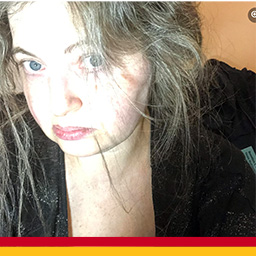
Caty Simon
Panelist
Caty has spent 20 years in the low-income rights, psychiatric survivors’ rights, sex workers’ rights, and drug users union movements. She is a leadership team member and a sex worker liaison for Urban Survivors Union (USU), the United States national drug users union. Caty is also a founding co-organizer and co-executive director of Whose Corner Is It Anyway, a Western MA harm reduction, mutual aid, and organizing group by and for low-income, street, and survival sex workers who use opioids and/or stimulants and/or experience housing insecurity. From 2013 to 2020 she was co-editor of Tits and Sass, a seminal media outlet by and for sex workers which was featured in the New Yorker, the New York Times, Jezebel, Gawker, and the New Inquiry, to name a few. She is first author of a commentary in the International Journal of Drug Policy on union members’ experiences as drug user organizers doing community driven research (CDR) and an editorial in a health justice and overdose crisis supplemental issue of the American Journal of Public Health, “The methadone manifesto: treatment experiences and policy recommendations from methadone patient activists.” Caty recently sat on the Substance Abuse and Mental Health Administration’s harm reduction steering committee, defining harm reduction and its principles, precepts, and metrics for the federal agency.
